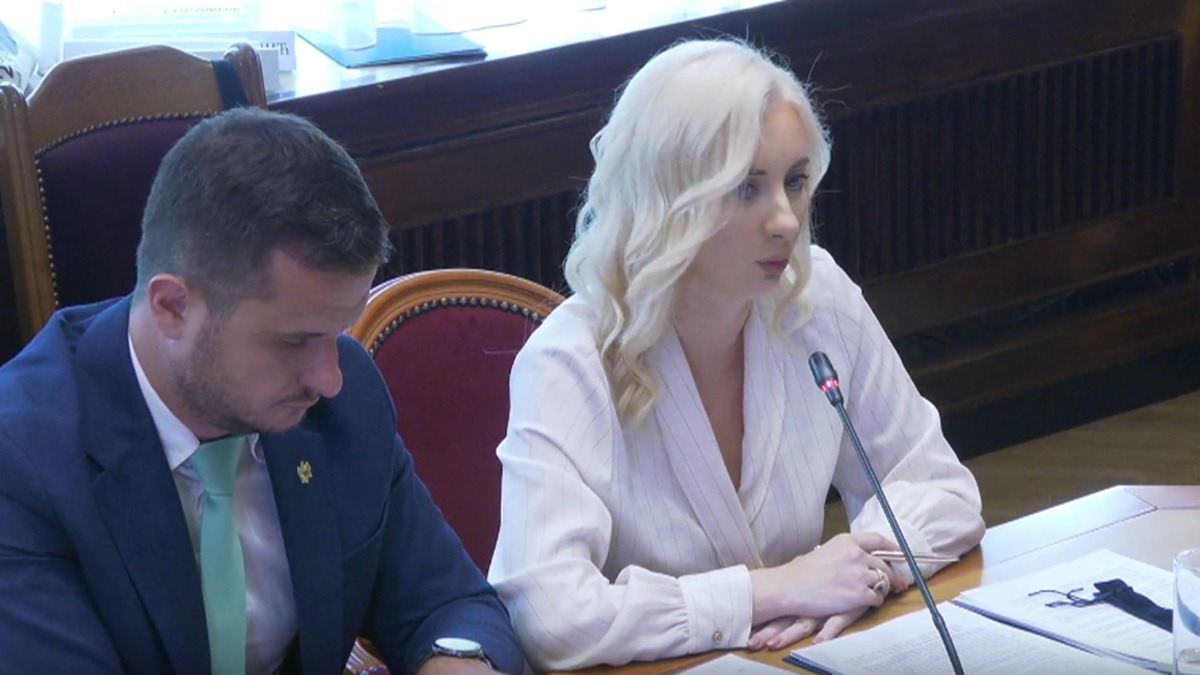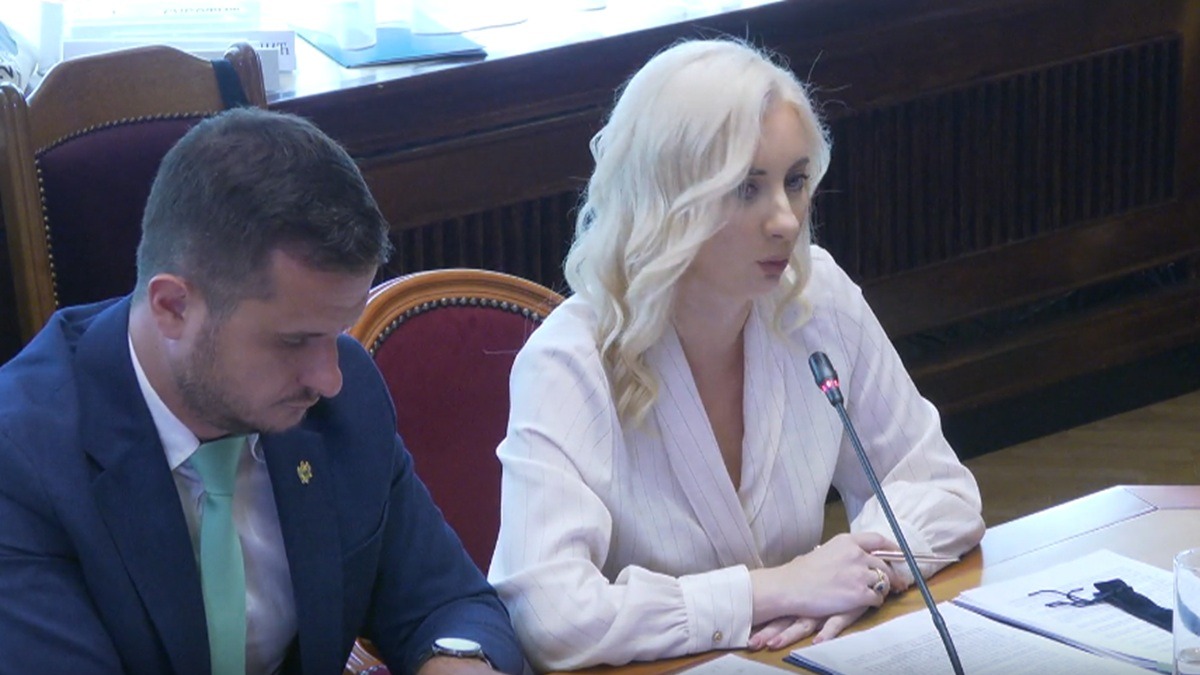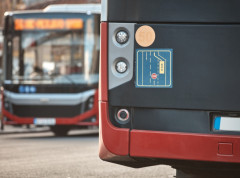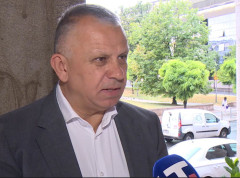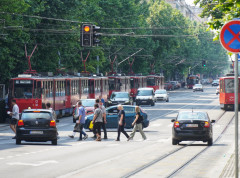Montenegro and the EU: Racing Against Time or Its Own Problems?
Montenegro is speeding towards the European Union, but is it a race against time or its own problems? The government claims it will close all negotiation chapters with the EU by the end of next year, having already closed chapter 5 – public procurement. By the end of this year, they plan to close five more chapters, including free movement of capital, the right of establishment, economic law, agriculture, and fisheries.
Minister of European Affairs Maida Gorčević states that negotiations are proceeding as planned and all criteria are being met. However, the opposition is not sharing this optimism. They warn that some government moves are slowing Montenegro’s European path. They point out that key institutions like the Prosecutorial Council and Constitutional Court are not yet complete, and criticize a law banning road blockades, which they see as an attack on fundamental rights.
Opposition MPs argue that the law on public gatherings deeply infringes on human rights and that opinions from relevant institutions should be obtained immediately. Predrag Zenović warns that this law could limit the broadest human rights, which contradicts European standards.
The government, on the other hand, admits there is still much work ahead and that by the end of the month, about ten important laws need to be adopted to close chapters. The goal is clear – to close all chapters by the end of next year and continue the European path.
Opposition and Process Problems
The opposition does not hide its dissatisfaction. They believe the government cannot turn a blind eye to problems slowing integration. Besides incomplete institutions, they criticize the proposed law banning road blockades, which they believe threatens the right to protest.
Boris Mugoša, an opposition MP, says the government cannot ignore these problems if it wants to get closer to the EU. He emphasizes that fundamental rights are a key chapter and cannot be neglected.
What Lies Ahead?
Montenegro stands at a crossroads. On one side, the government pushes for closing chapters and claims to be on the right track. On the other, the opposition warns of serious problems that could slow or even stop the European path.
Will Montenegro manage to close all chapters by the end of next year? Will the government solve internal problems and align laws with European standards? Or will the opposition succeed in halting the process and pointing out flaws?
All eyes are on the coming months. And you? Do you believe Montenegro is ready for the EU, or is this just another political show? Drop a comment, let the people’s voice be heard!







